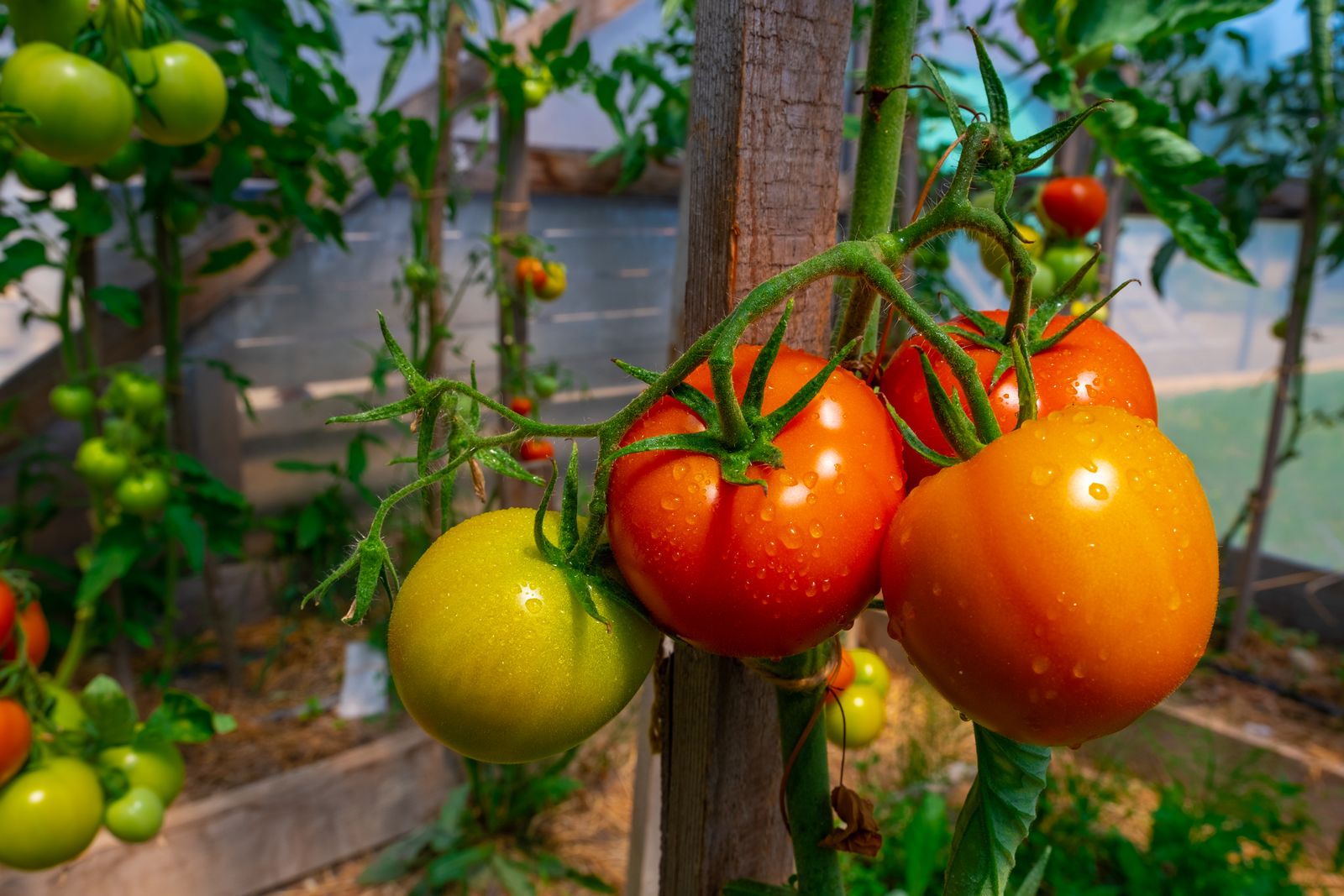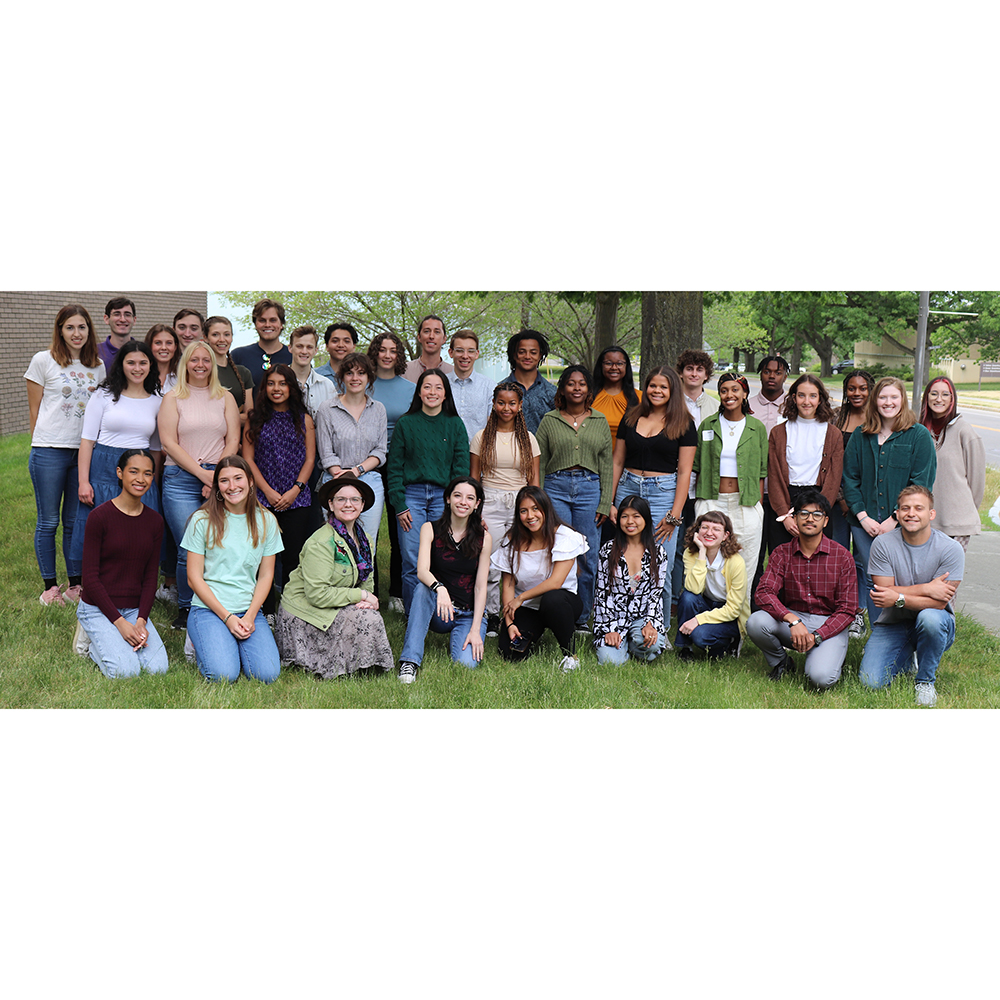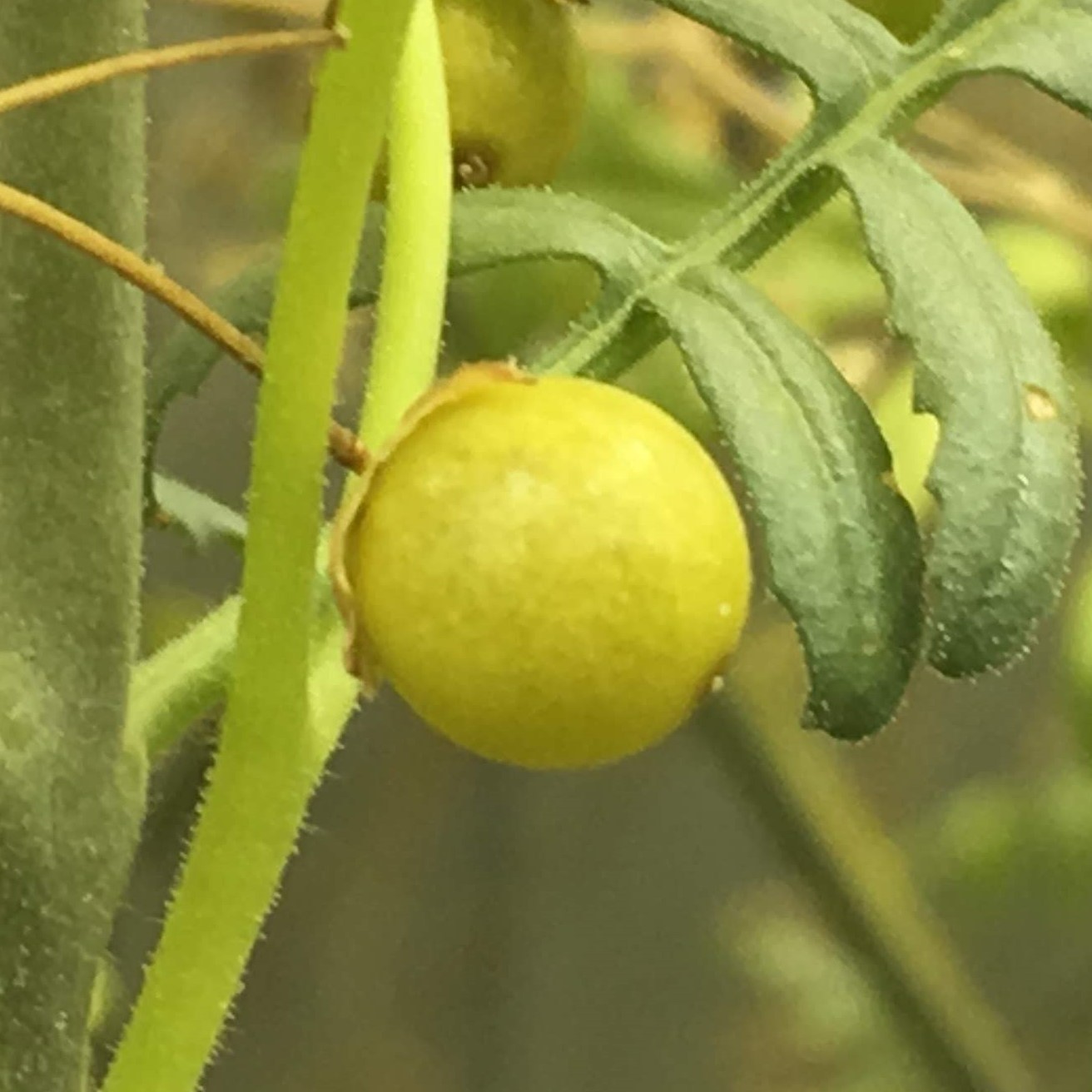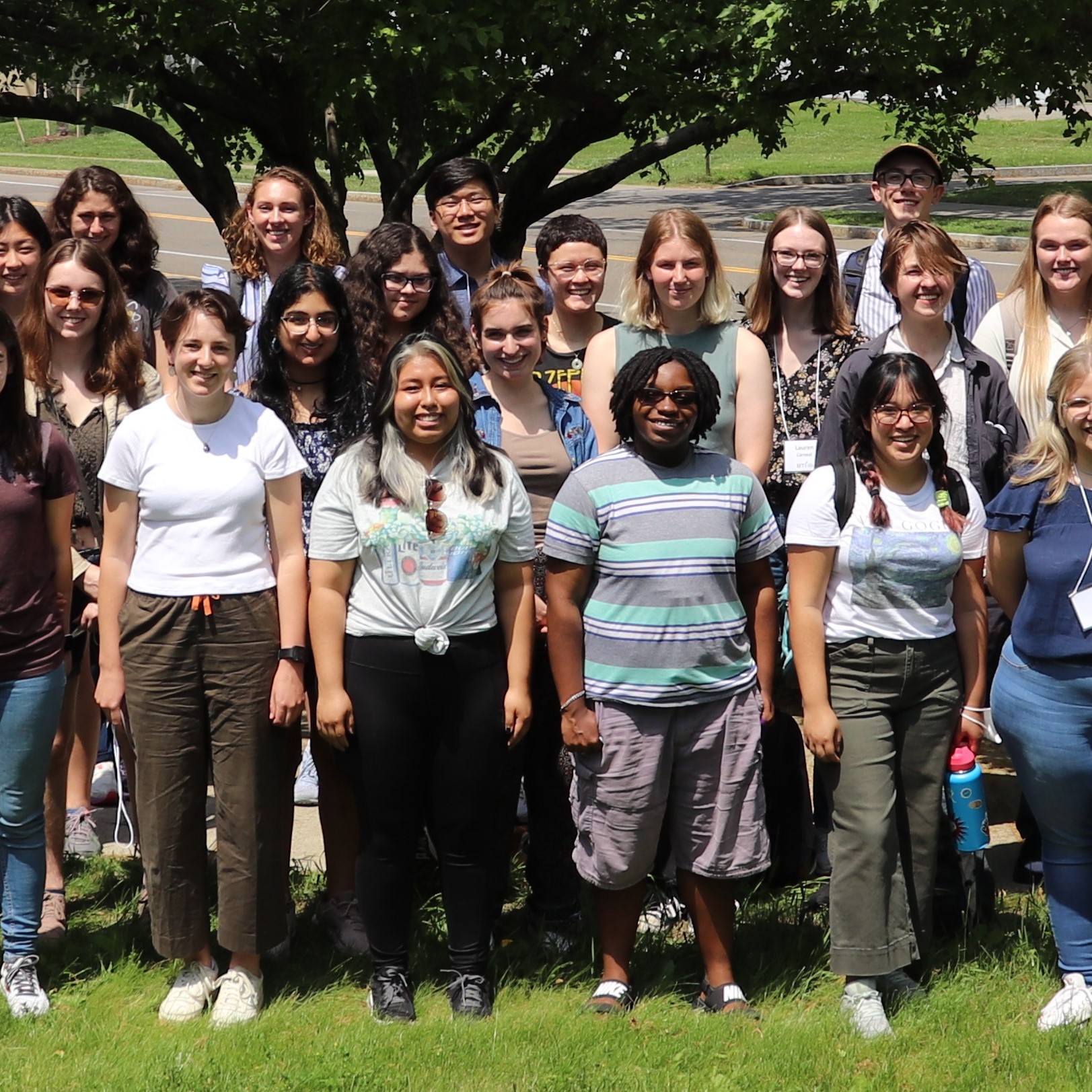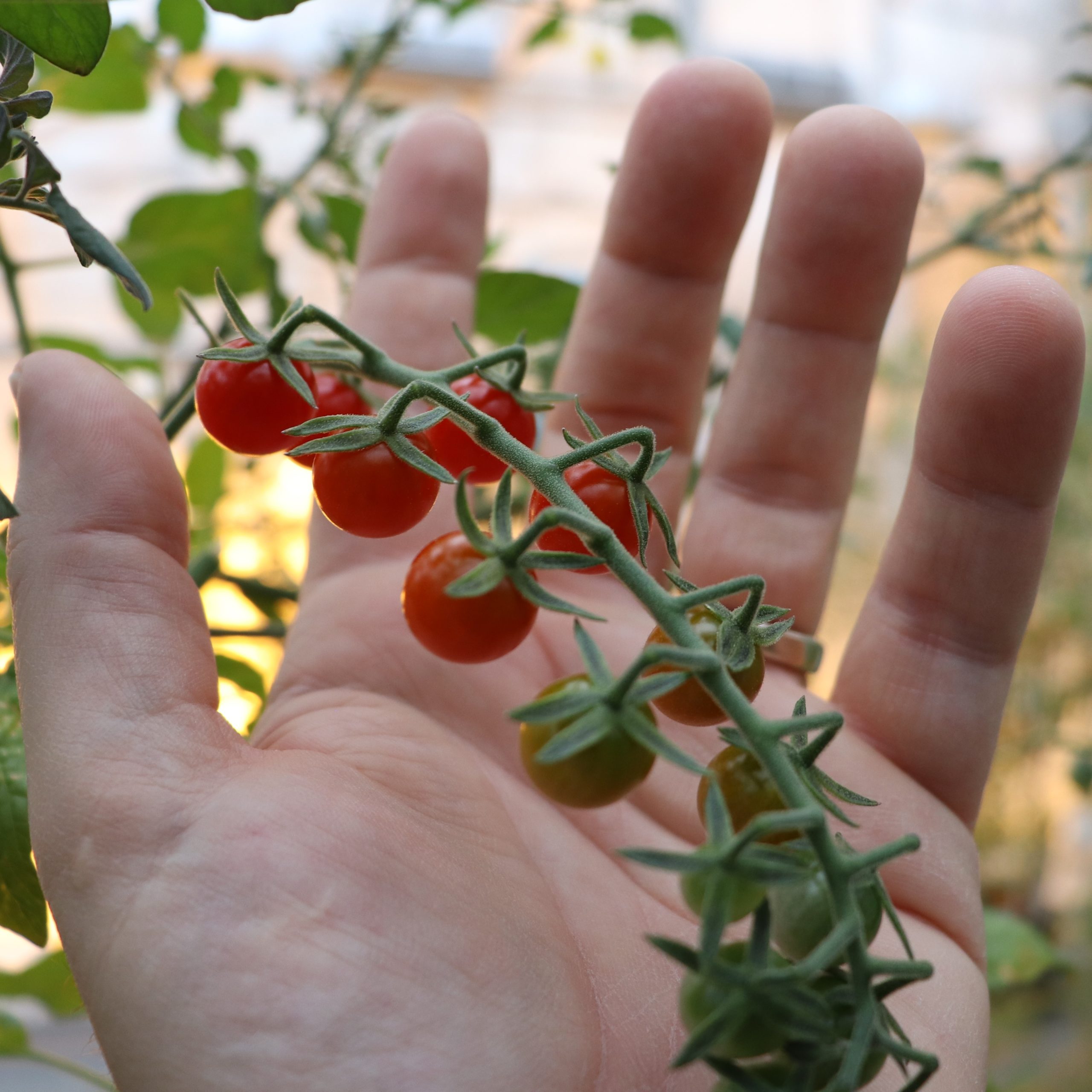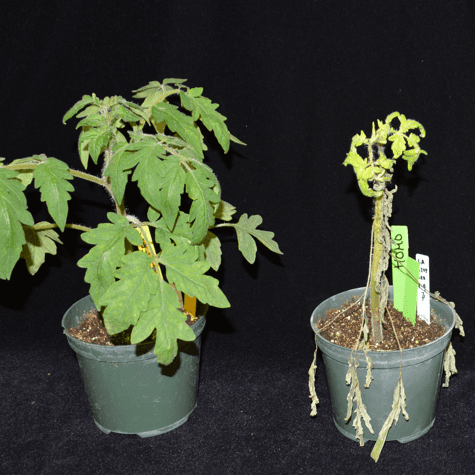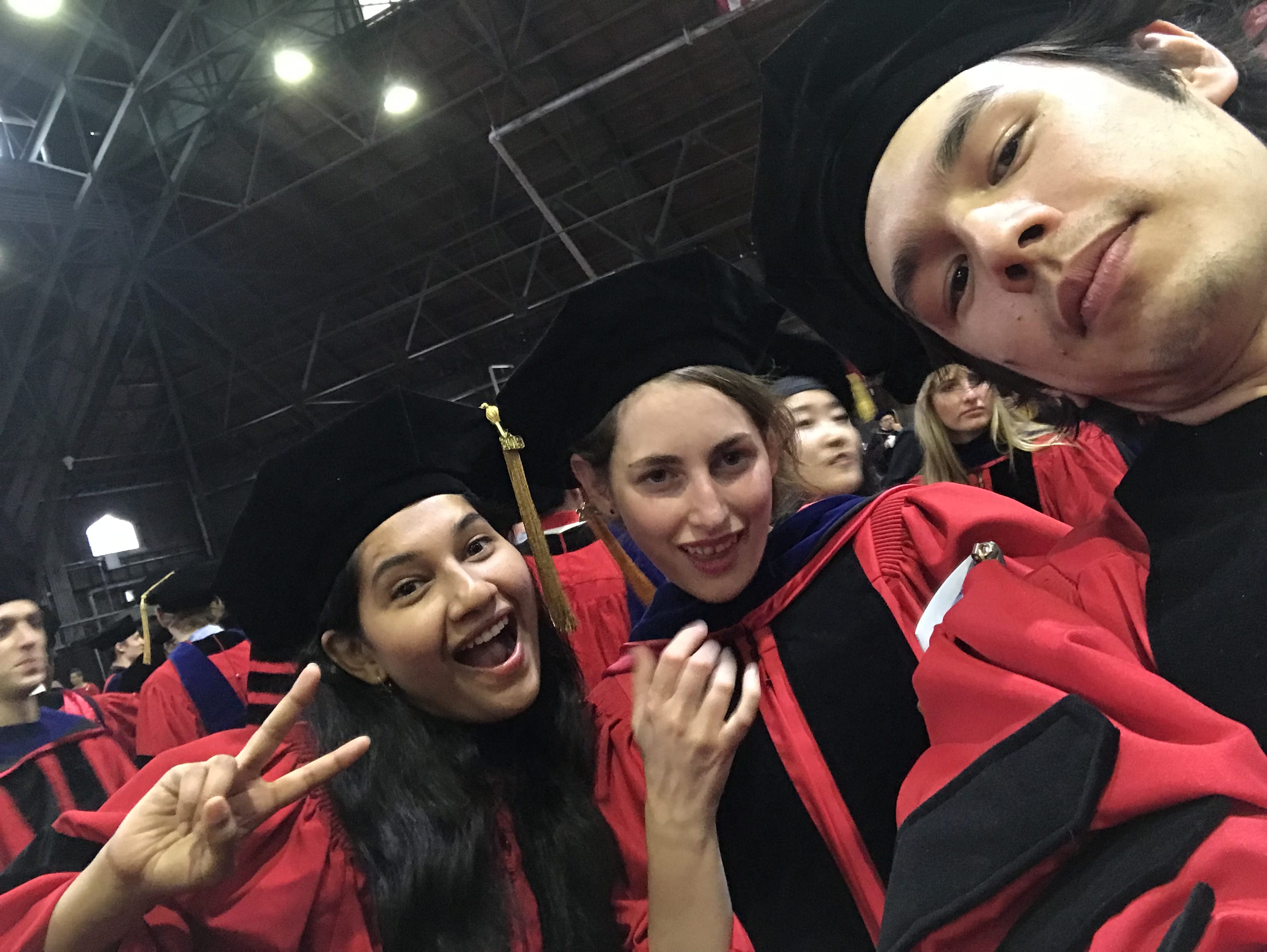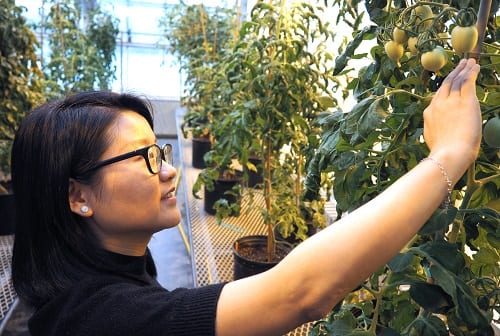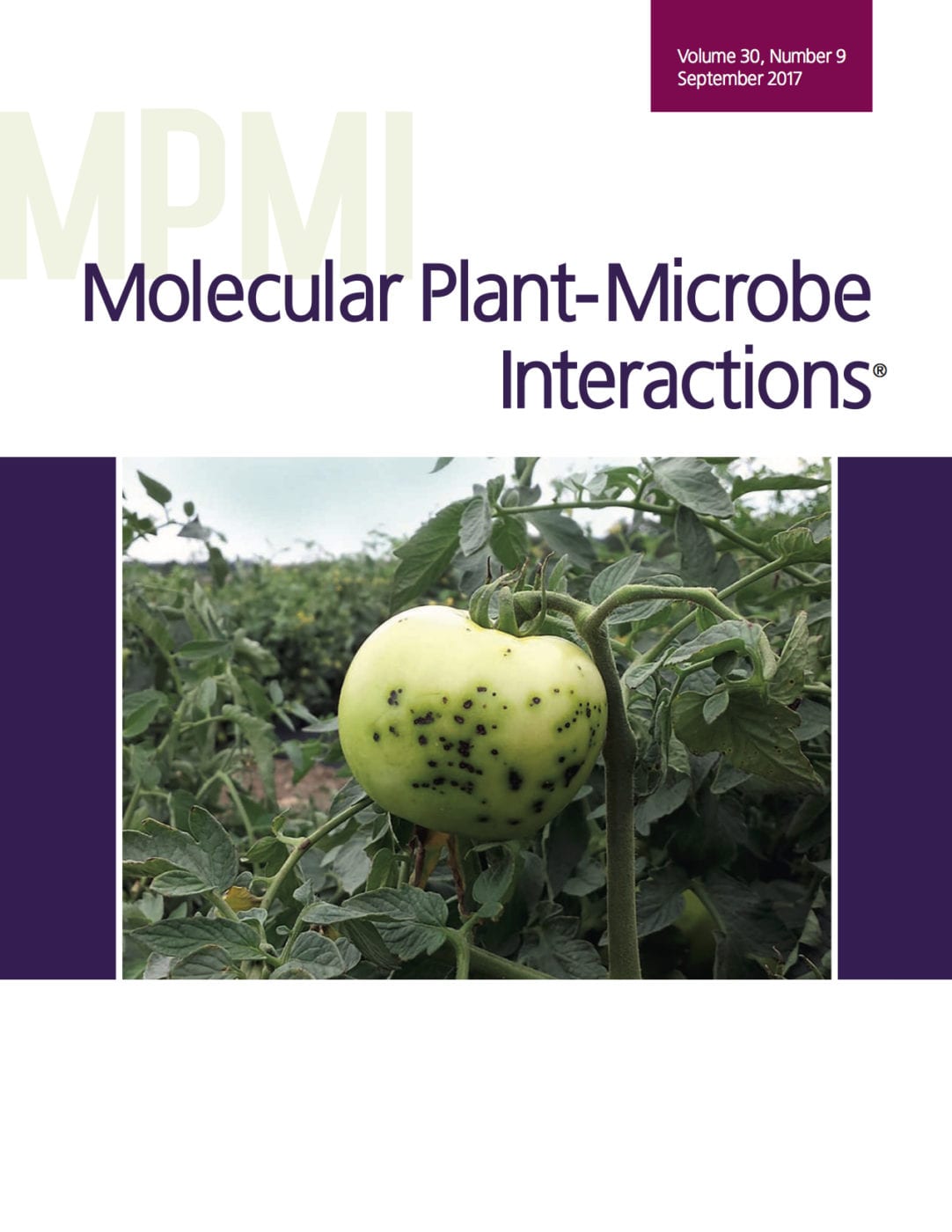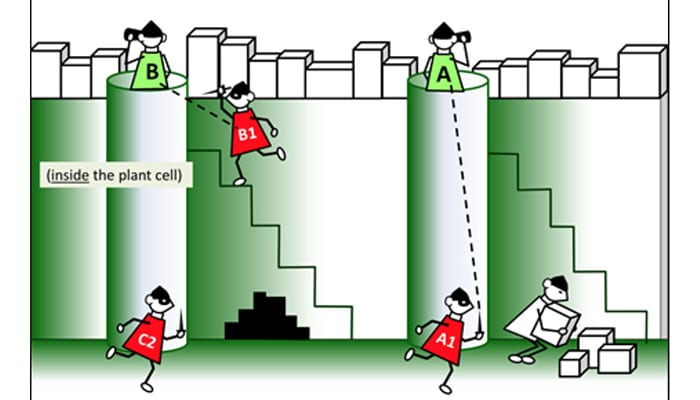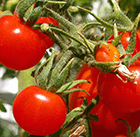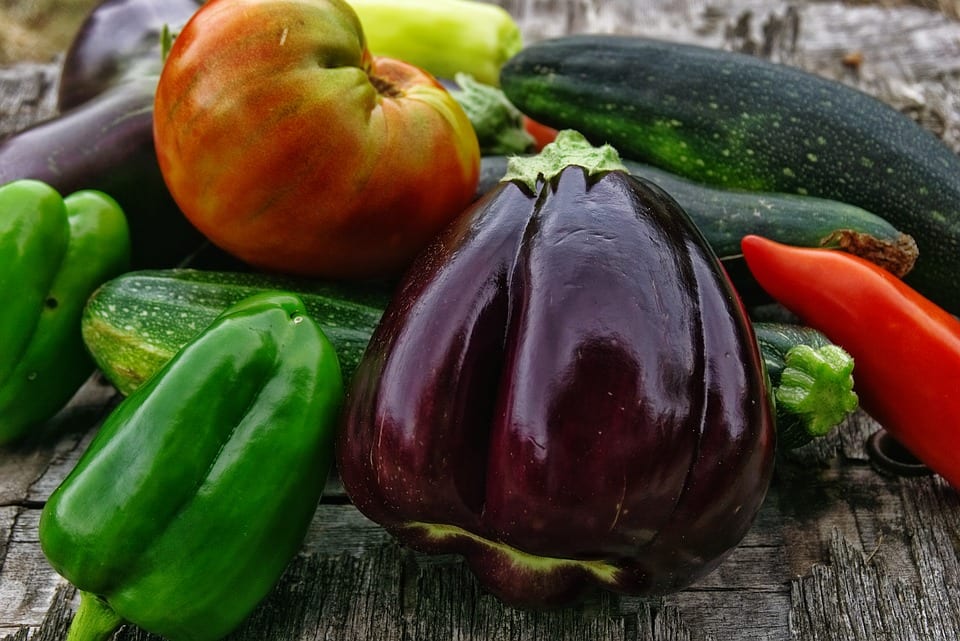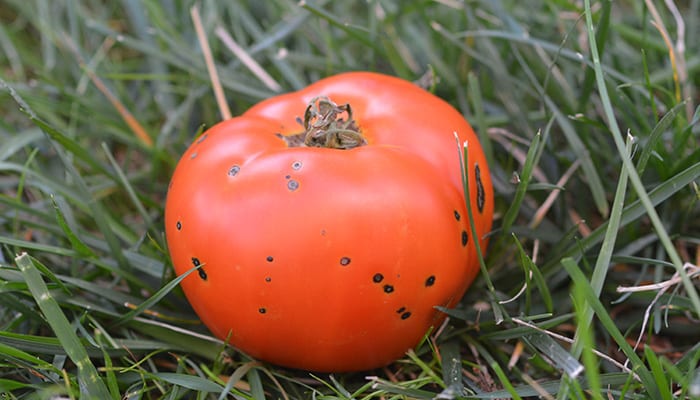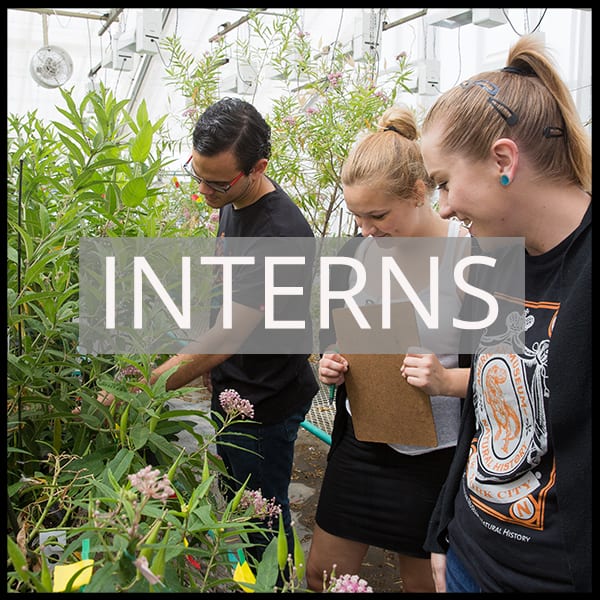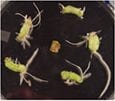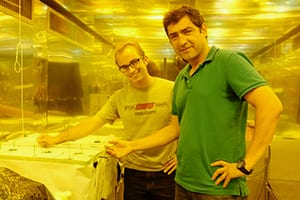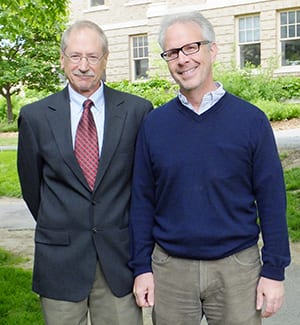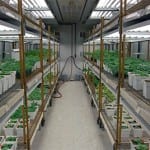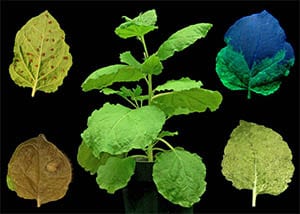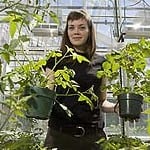Greg Martin

Greg Martin has retired from the Boyce Thompson Institute and the Martin lab is closed.
How do bacteria infect plants and how do plants defend themselves from such attacks?
The long-term goal of research in the Martin laboratory is to use knowledge gained about the molecular basis of plant-pathogen interactions to develop plants with increased natural resistance to diseases. Such plants would require fewer applications of pesticides producing economic and environmental benefits while providing food for consumers with less pesticide residue.
The Martin laboratory studies the molecular basis of bacterial infection processes and the plant immune system. The research focuses on speck disease which is caused by the infection of tomato leaves with the bacterial pathogen Pseudomonas syringae pv. tomato. This is an economically important disease that can decrease both the yield and quality of tomato fruits. It also serves as an excellent experimental system for studying the molecular mechanisms that underlie plant-pathogen interactions and how they have evolved. Many experimental resources, including an increasing number of genome sequences, are available for both tomato and P. s. pv. tomato. Current work relies on diverse experimental approaches involving methods derived from the fields of biochemistry, bioinformatics, cell biology, forward and reverse genetics, genomics, molecular biology, plant breeding, plant pathology and structural biology.
See more...
In the interaction of Pseudomonas with tomato, the plant responds rapidly to a potential infection by detecting certain conserved molecules expressed by the pathogen. At this stage, the pathogen uses a specialized secretion system to deliver virulence proteins, such as AvrPto and AvrPtoB, into the plant cell. These pathogen proteins suppress early host defenses and thereby promote disease susceptibility. Some tomato varieties express a resistance gene, Pto, which encodes a protein that detects the presence of AvrPto or AvrPtoB and activates a second strong immune system that halts the progression of bacterial speck disease.
The Martin lab is currently studying many aspects of the molecular mechanisms that underlie the bacterial infection process and the plant response to infection. One project takes advantage of the genetic natural variation present in wild relatives of tomato to identify new genes that contribute to plant immunity. These genes provide insights into the plant immune system and also can be bred into new tomato varieties to enhance disease resistance. A second project relies on next-generation sequencing methods to identify tomato genes whose expression increases during the interaction with P. s. pv. tomato. The expression of these genes is then reduced by using virus-induced gene silencing or the genes are mutated using CRISPR/Cas9 to test whether they make a demonstrable contribution to immunity.
Links
.
Martin Lab Pedigree
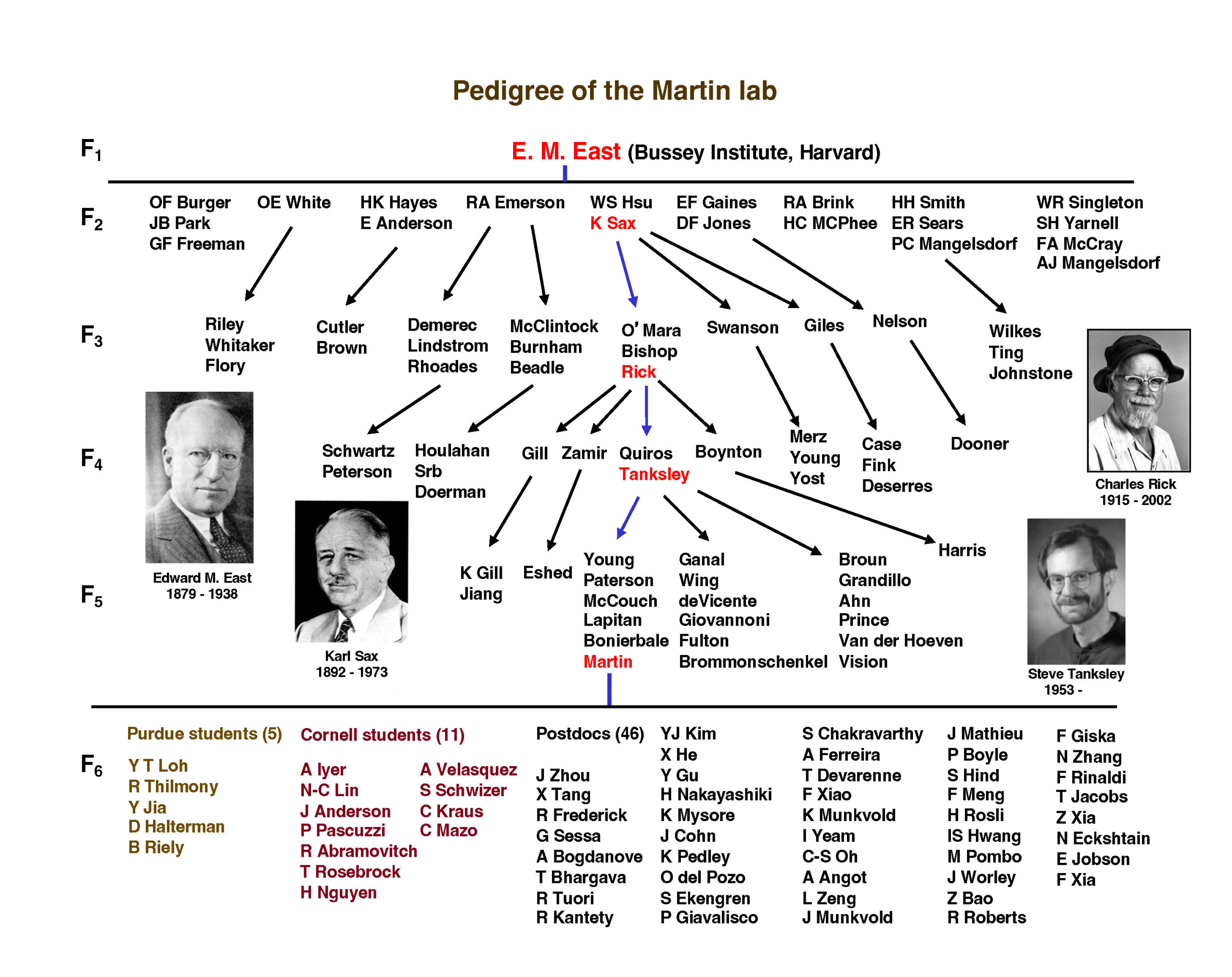
Evolution of immunity
Evolution of pathogen recognition and defense responses in wild species of tomato and tomato heirloom varieties.
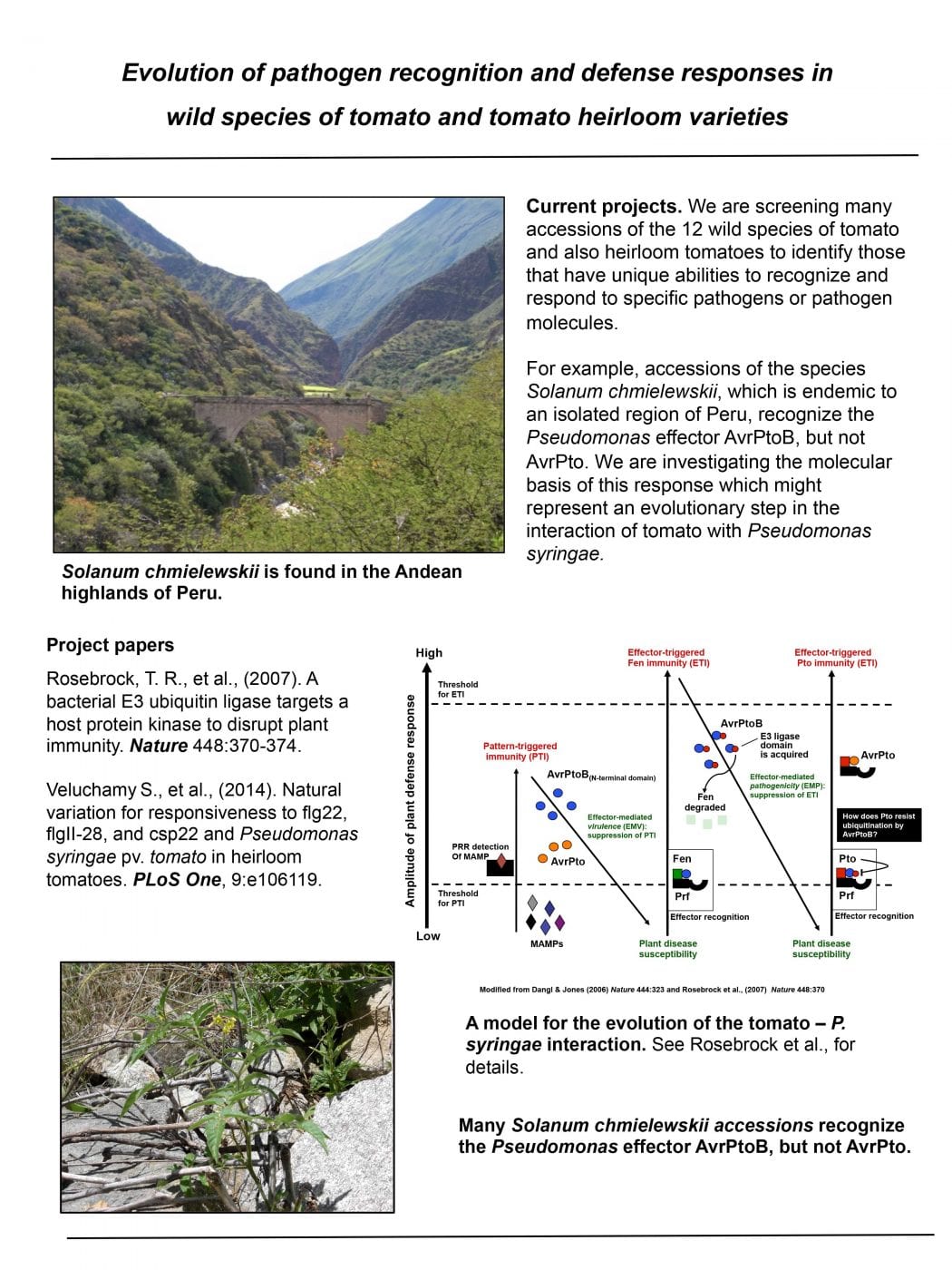
Pattern-triggered immunity
The plant immune system 1: Mechanisms underlying recognition and response to microbe-associated molecular patterns.
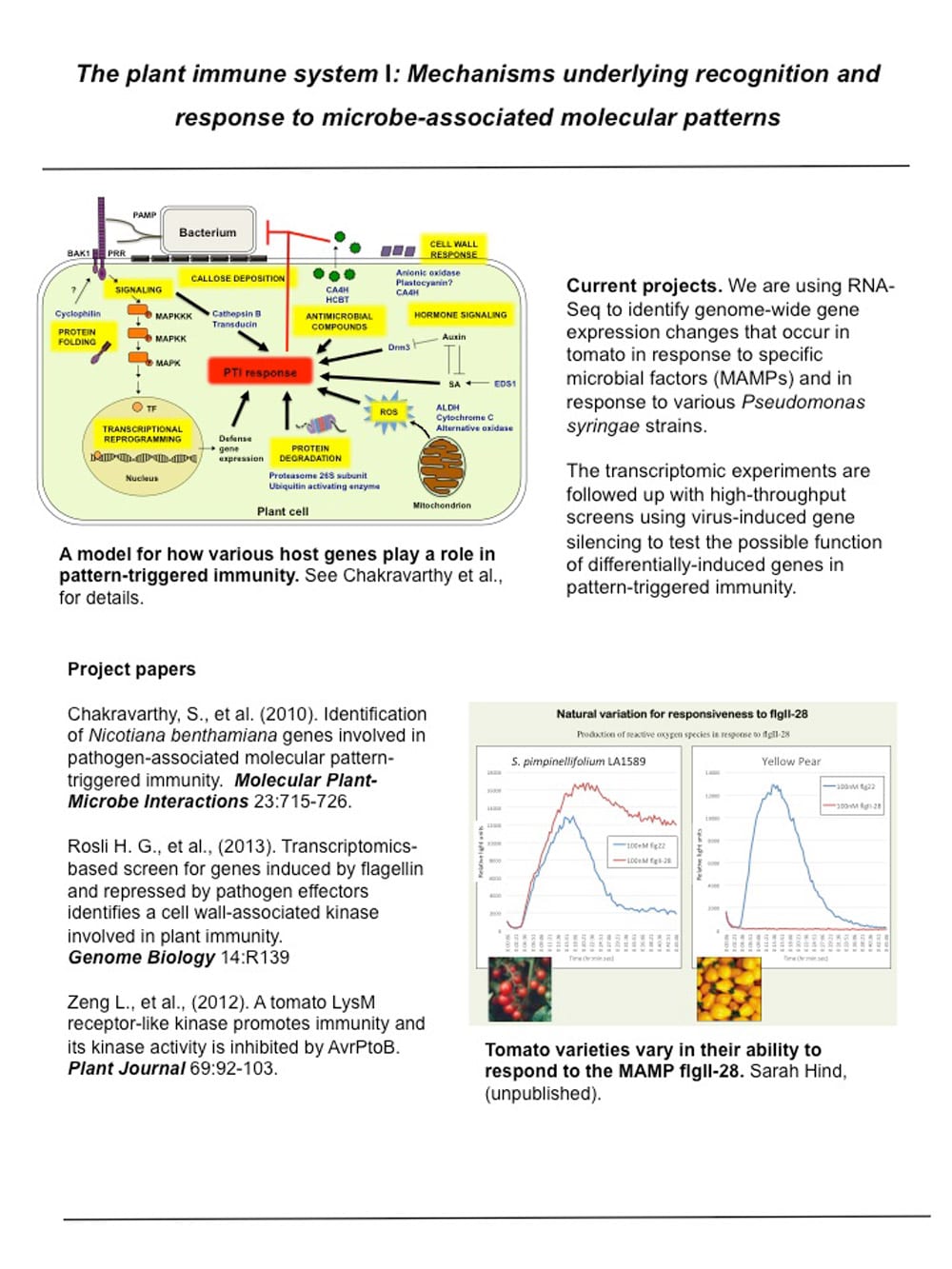
Effector-triggered immunity
The plant immune system II: Mechanisms underlying recognition and response to pathogen effector proteins.
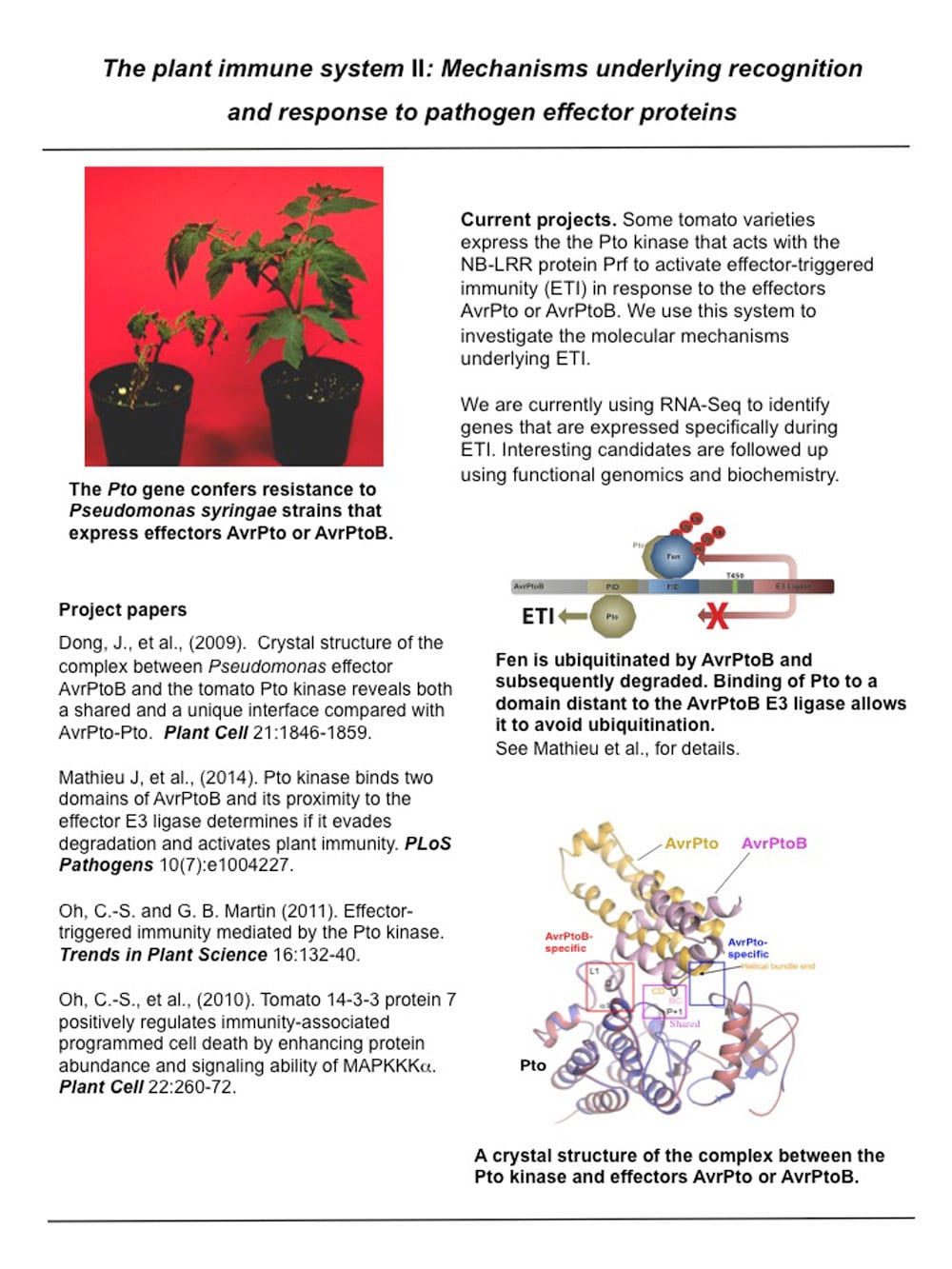
AvrPto virulence mechanisms
Virtulence mechanisms of the AvrPto effector protein from Pseudomonas syringae pv. tomato.
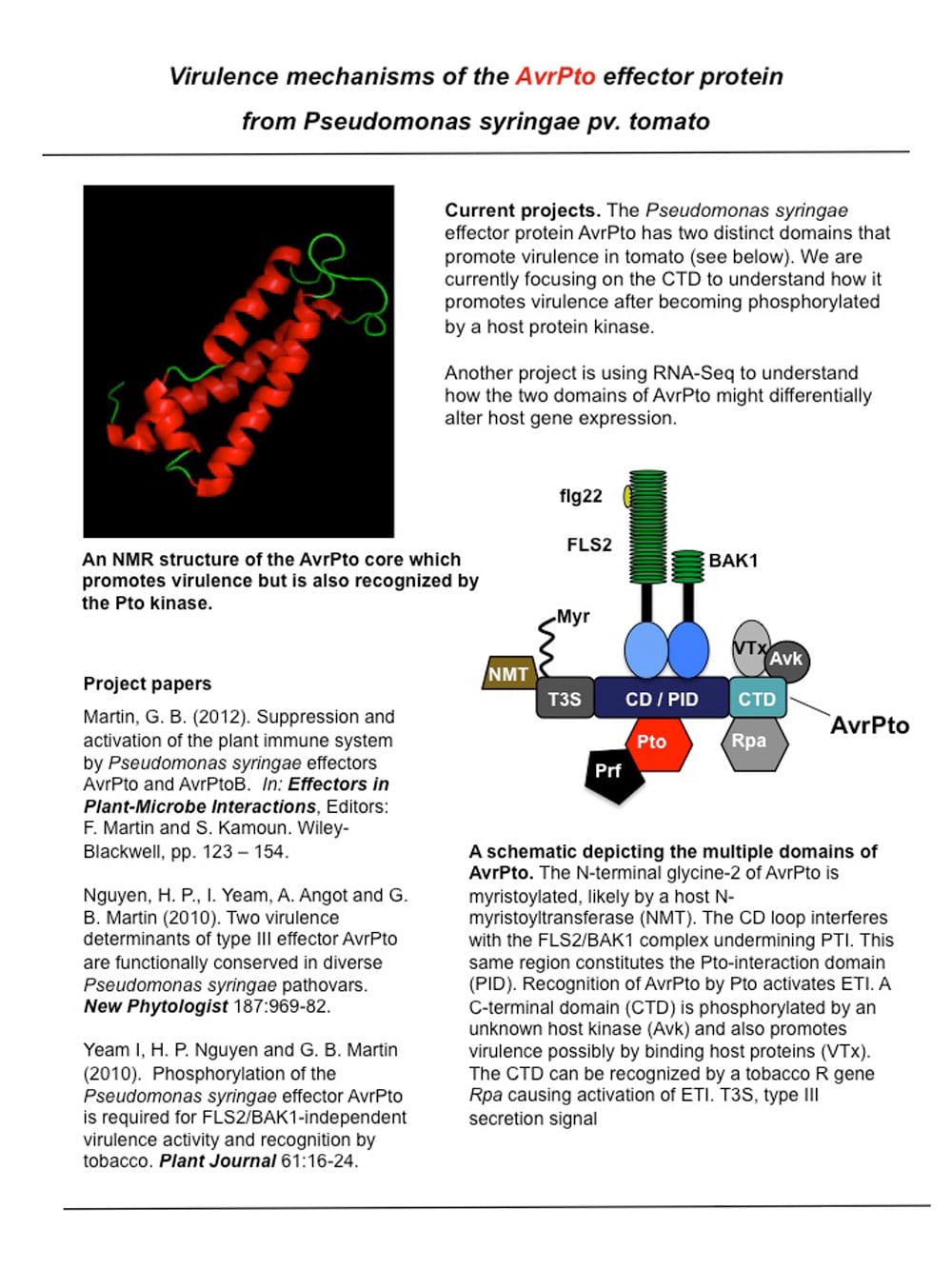
Methods to study plant immunity
Development of methods and resources to study the plant immune system.
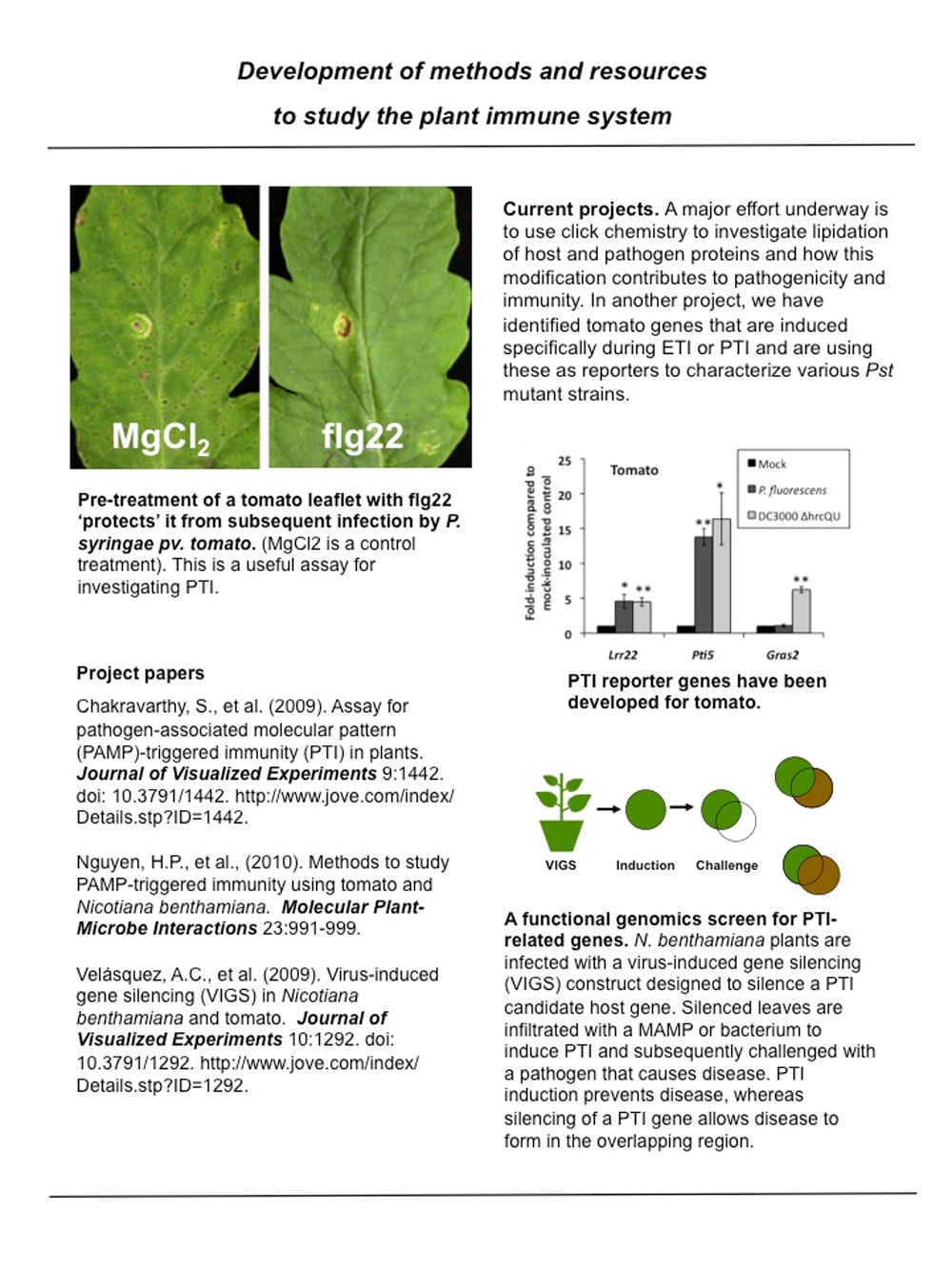
Nicotiana benthamiana genome project
Nicotiana benthamiana genome project.
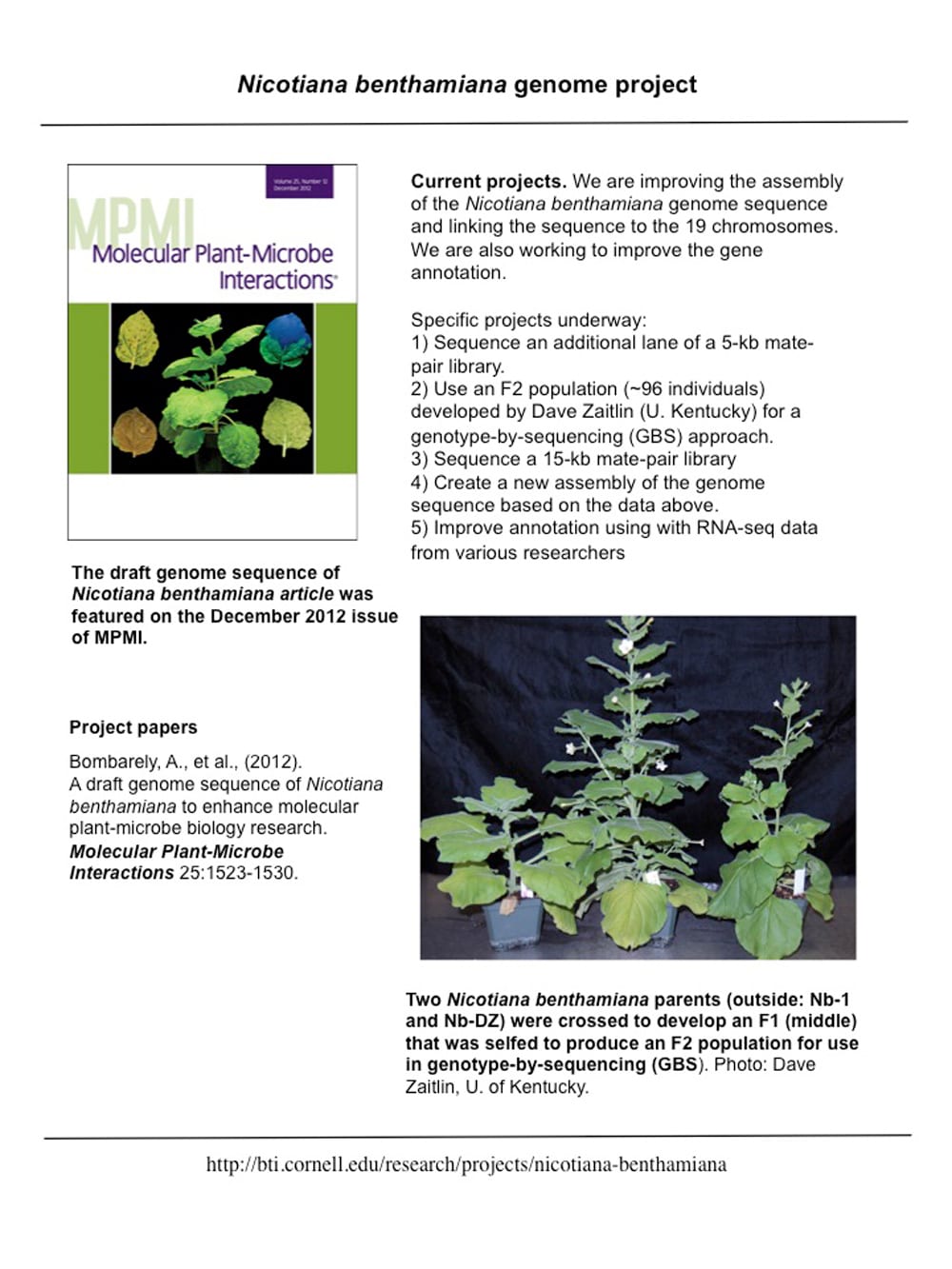
-
Interstellar: Interview with Dr. Greg Martin, newly elected member of the National Academy of Sciences
Interview of Dr. Martin conducted by Haesong Kim, PhD student at Pohang University of Science and Technology, Korea. Read more » -
Wild tomato genome will benefit domesticated cousins
Wild relatives of crops are becoming increasingly valuable to plant researchers and breeders. During the process of domestication, crops tend to lose many genes, but wild relatives often retain genes […] Read more » -
BTI Welcomes Summer Student Interns
On May 31, Boyce Thompson Institute welcomed 41 of the country’s brightest undergraduate students from universities around the country to experience the life of a researcher for 10 weeks. Ten […] Read more »

